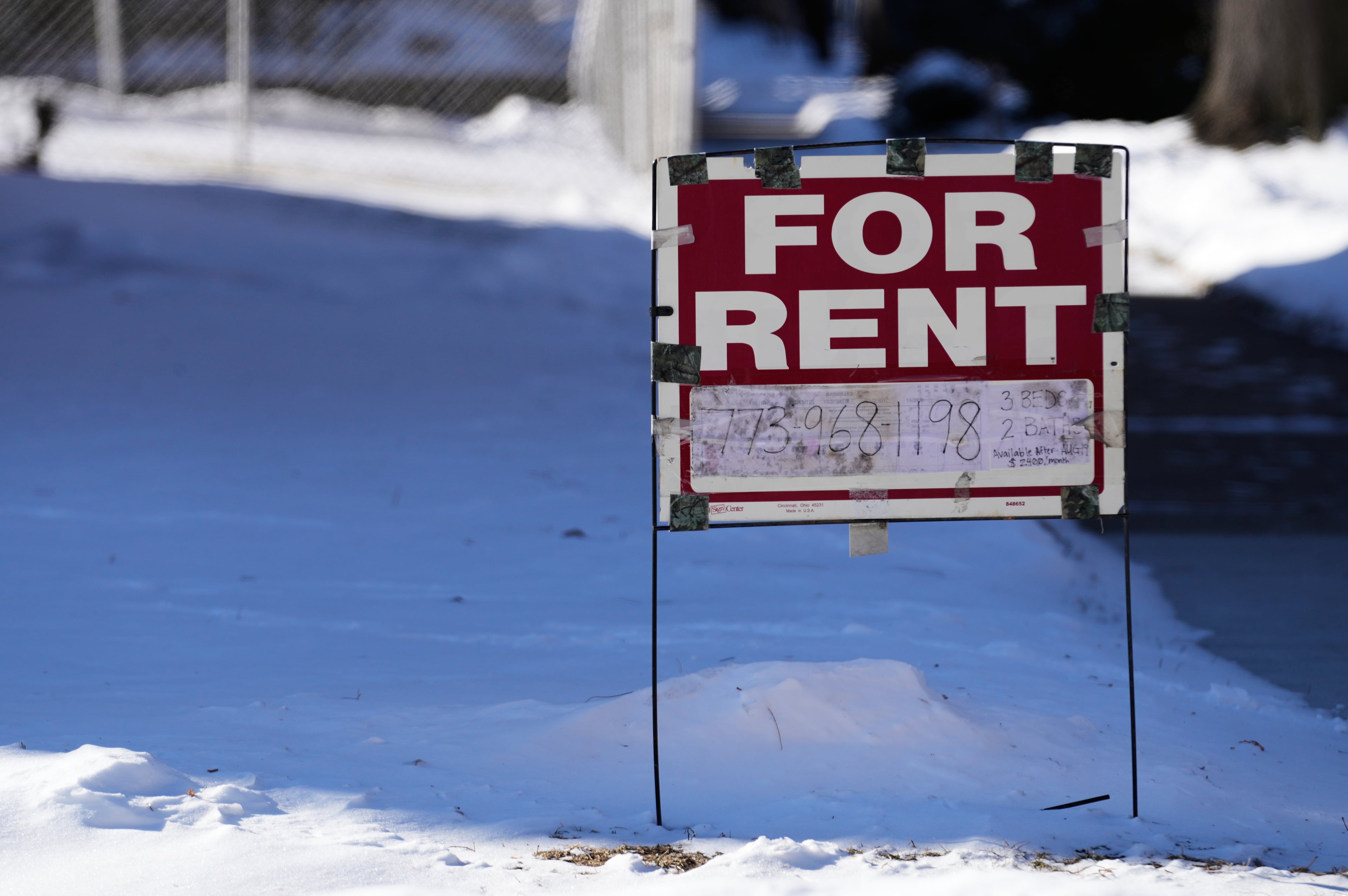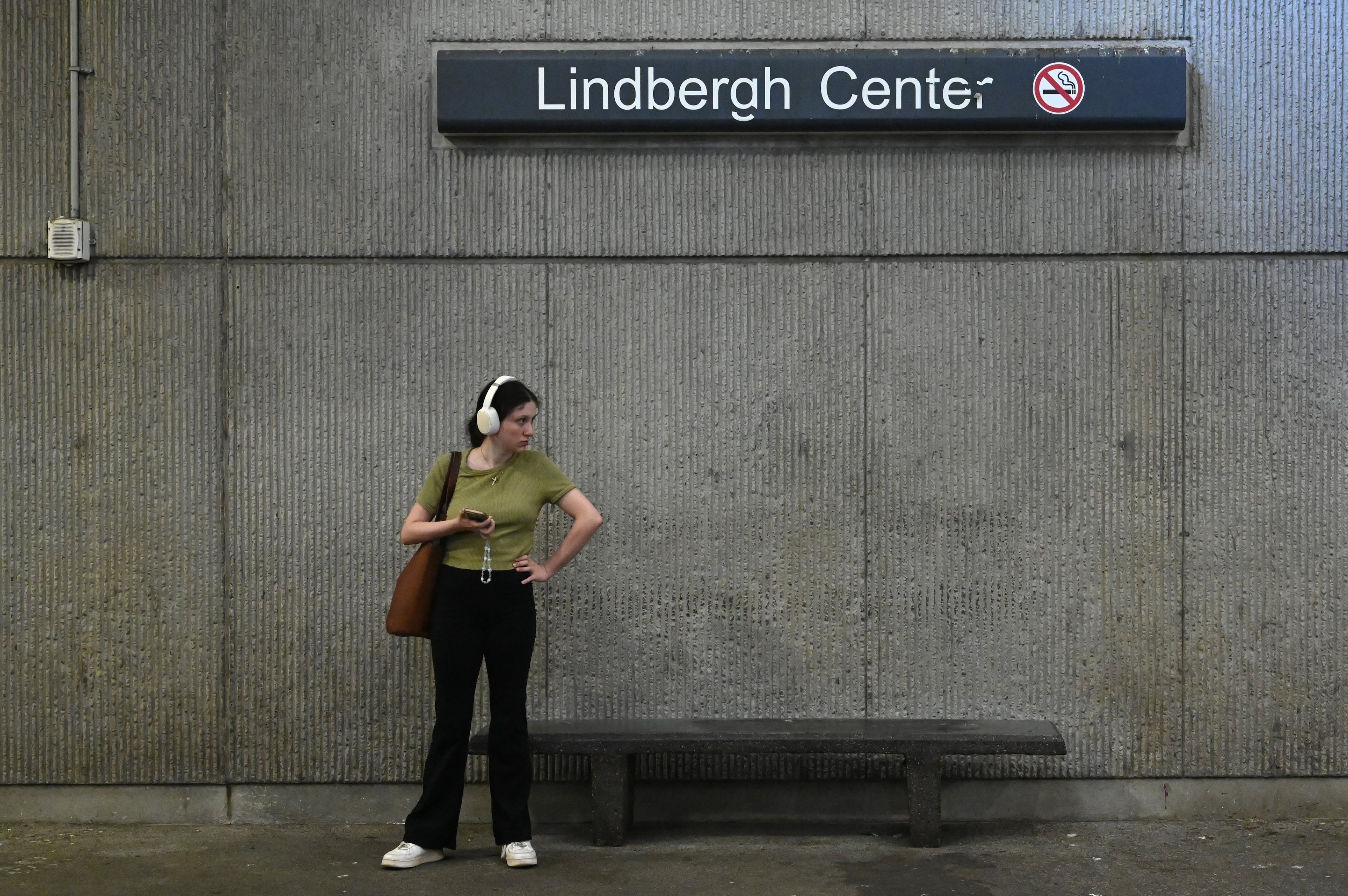Atlanta has lots of empty offices. But are tenants finally ready to settle?

Atlanta’s office market reminds David Rubenstein of one of the most indelible phrases Charles Dickens ever etched onto a page.
“It was the best of times, it was the worst of times.”
Atlanta, itself, has become “A Tale of Two Cities” marked by its seemingly paradoxical office market, said Rubenstein, an Atlanta-based executive with real estate services firm Savills.
Metro Atlanta’s office sector just posted one of its best quarters on paper since the COVID-19 pandemic, leasing more workspace than was vacated. But it features a widening divide between the high-end offices that tenants want and the glut of less desirable space that’s available in abundance.
“If you’re an owner of a well-located, highly amenitized building, you have a lot of people knocking on your door,” Rubenstein told The Atlanta Journal-Constitution.
On the flip side, “If you don’t care if the building is heavily amenitized or not really walkable to anything … the options would be numerous,” he said. “In fact, our challenge would be how to cull it down to a reasonable list.”
About 31% of all office square footage was available to rent at the end of September, according to data from real estate services firm CBRE. By historical measures, that’s a lot of unwanted space, but it’s a slight decrease from the record-high levels seen the past two years.
It’s also a figure that needs context because most of that unwanted space is concentrated in older buildings that don’t meet the wish lists of most prospective tenants, said Jeff Keppen, executive vice president of CBRE’s Atlanta Brokerage Group.
“It looks like there’s a lot of (space),” he said. “But there’s really only a certain amount of it that the tenants are really considering.”
Companies have reevaluated their workplace needs since the COVID-19 shutdowns in 2020. After a rush to remote work during the pandemic led to companies cutting space, many have since initiated return-to-office policies, sparking new demand after years of stagnant activity and downsizing.
But uncertainty over trade and other economic policies, a softening job market and the rise of artificial intelligence have emerged as headwinds for office landlords.
Recent layoff announcements, such as those from Amazon and UPS, have raised concerns that office demand may start to dip. But institutional landlords say those fears have yet to materialize.
“No doubt, after a challenging four years, the office sector is turning the corner,” Brent Smith, CEO of Piedmont Office Realty Trust, said on a third quarter investor call last week. “Despite generally slow hiring and an uncertain economic outlook, the upward trend in leasing volume signals that tenants still have a strong appetite for office space.”
Change takes time
To gauge the momentum of the office market as a whole, real estate experts point to an industry metric called absorption.
Absorption measures how much net space is either added or subtracted from the market, taking into account new leases, expirations, additions through finished construction and other variables. For nearly every quarter since 2023, the Atlanta area has seen negative absorption, but not this year’s third quarter. About 156,000 square feet was absorbed, shrinking the amount of available space, according to CBRE.
While positive absorption is a good sign, Keppen said it will take years for the Atlanta market to work through its available space.
“One of the challenges we’ve seen in Atlanta is we just generally don’t have a lot of large deals,” he said. “It can take a little bit longer to absorb that space.”
Only one transaction during the third quarter was larger than 100,000 square feet, according to Savills. It involved accounting firm EY relocating from downtown into one of Midtown’s newest office buildings at Spring Quarter. Only two of the top 10 transactions by square footage involved companies establishing a new office in metro Atlanta.
Rubenstein said there’s still an aversion to risk among many companies when it comes to making sweeping changes to their office footprints or locations. It’s led many tenants to favor lease renewals.
“Everyone’s sort of treading very cautiously on new transactions,” he said. “They’ll go to the market, see what’s out there … when they see what it’s going to cost to make the move, a lot of them are just choosing to stay.”

‘An inflection point’
Atlanta-based Cousins Properties, the city’s largest office landlord, said its brokers are close to a large lease signing at the Northpark office complex in Sandy Springs that would cut against that trend.
“We’re in advanced lease negotiations with a Fortune 50 company to lease 166,000 square feet at (Northpark) on a long-term basis,” Richard Hickson, Cousins’ executive vice president of operations, said Friday on a third quarter investor call.
“We think we’re relatively close to an inflection point where it’s likely to become a landlord’s market,” he added.
Hickson said the lack of new office construction will further drive demand to high-quality buildings because there will be less fresh competition. Cousins CEO Colin Connolly said, “Any meaningful increase in new supply is four to five years away.”
In Atlanta, it may be even longer.
All of the new office space under construction at the end of September was within one building — Rockefeller Group’s 60-story tower at 1072 West Peachtree Street. The building, which will celebrate reaching its highest point of construction Friday, includes 224,000 square feet of office space that has yet to be leased.
The question for office landlords, especially those with older buildings, will be whether tenants will start to lower their standards in search of discounts — or because all of their top choices are fully leased.
If not, Rubenstein said many struggling buildings might not have a future housing workers. They might need a complete redo to find relevance.
“A lot of times, the math tells you it’s better off scraping the site and starting over from scratch,” he said. “It seems wasteful, but the math is the math.”
Katie Kirkpatrick, president and CEO of the Metro Atlanta Chamber, told the AJC’s editorial board in a recent meeting that dynamic will likely come to the forefront downtown, which features a lot of older office buildings.
“Maybe we’re overbuilt and under-demolished,” she said.



